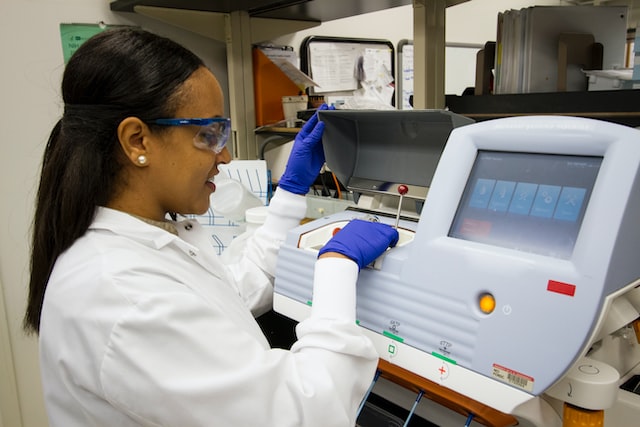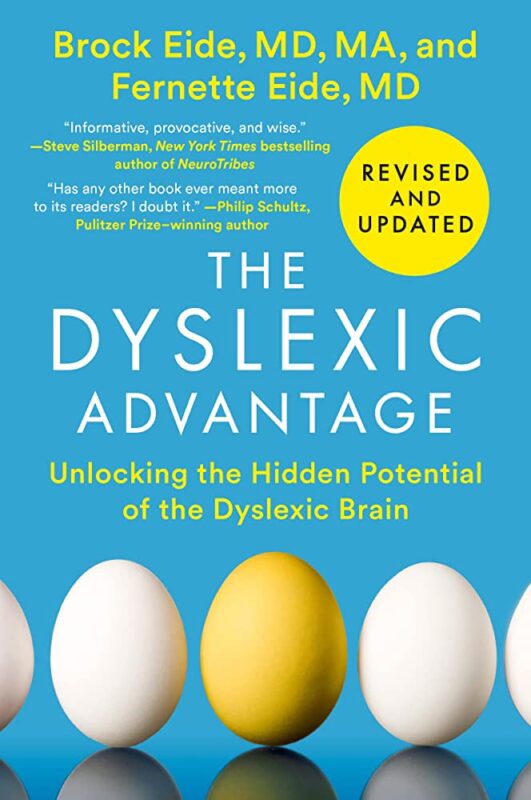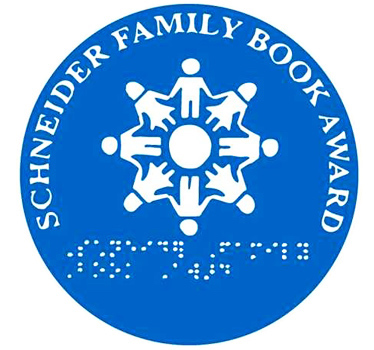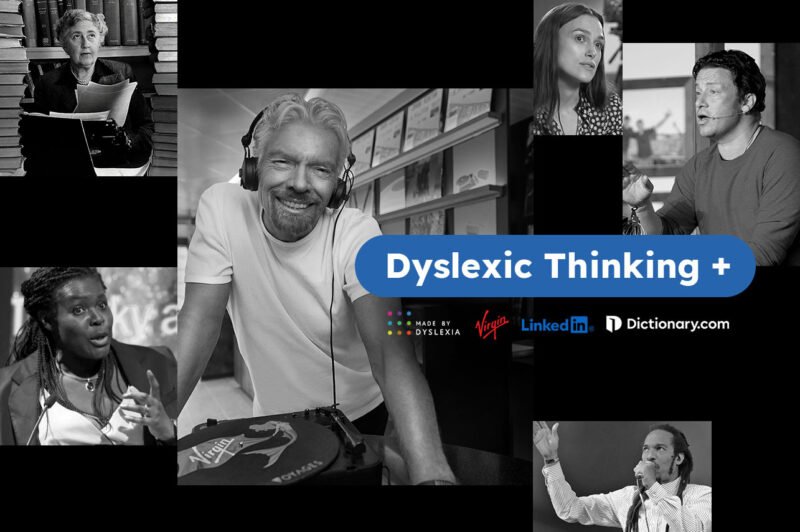
Kids have a lot to learn in their first five years of life. They learn to walk, talk, and eventually to start reading. But while kids can pick up walking and talking naturally, they must be taught how to read. Read more >>
Request an Appointment
English: 650.688.3625
Medi-Cal: 650.688.3650
Resource Library » reading

Kids have a lot to learn in their first five years of life. They learn to walk, talk, and eventually to start reading. But while kids can pick up walking and talking naturally, they must be taught how to read. Read more >>

In this Voices of Compassion podcast episode, we talk with founders of Dyslexic Advantage and leading figures in the field of dyslexia research and advocacy Drs. Fernette and Brock Eide about the often misunderstood and overlooked strengths of dyslexia, shedding Read more >>

The Many Strengths of Dyslexics
Nothing affects your chances at succeeding in school like not having the skills to read, spell, and write. This is, unfortunately, what dyslexia is all about. It can be the one impediment to achieving one’s goals in work and life. Read more >>

Drs. Brock and Fernette Eide use their backgrounds in neurology and education to debunk the standard deficit-based approach to dyslexia. People typically define “dyslexia” as a reading and spelling disorder. Read more >>

American Library Association Recognizes Books for Their Portrayal of the Disability Experience
The American Library Association (ALA) announced the winners of the 2023 Schneider Family Book Awards. Read more >>

Is Dyslexia Different in Adults?
In its simplest definition, dyslexia is a developmental learning disorder that makes it difficult to read and write. Though it’s typically diagnosed in childhood, symptoms can go unrecognized until later in life and extend well beyond letter mixups. Read more >>

10 Helpful Text-to-Speech Readers
Text-to-speech software is often a vital resource for students with dyslexia—to aid reading, promote comprehension, and enhance overall literacy skills. Here are 10 helpful text-to-speech software and applications that are great assistive technology tools to have at the start of Read more >>
Debunking the Myths about Dyslexia
Dyslexia Help, an online resource produced by the University of Michigan, addresses some of the popular misconceptions and myths surrounding dyslexia and language-based learning disabilities. Read more >>

LinkedIn Adds ‘Dyslexic Thinking’ to Skills List in Effort to Destigmatize
In addition to its many other listed skills, LinkedIn now cites ‘Dyslexic Thinking’ among the talents its users can claim. The new label, which is live from today (March 31), seeks to destigmatize dyslexia among employers and the wider public Read more >>

How Reading Aloud Can Help You Bond With Your Kids and Make Them Better Readers
We’ve all heard about the benefits of learning to read quietly and independently. A big part of learning at school is all about reading, but it’s not always easy to find time for more reading at home. Read more >>
English: 650.326.5530 | Español: 650.688.3650 | Fax: 650.688.3669
English: 650.326.5530
Español: 650.688.3650
Fax: 650.688.3669
Get Help: 650.688.3625 | Medi-Cal: 650.688.3650 | careteam@stage.chconline.org
English: 650.668.3625
Español: 650.688.3650
careteam@stage.chconline.org
© 2024 Children’s Health Council. All rights reserved.
CHC Palo Alto: 650 Clark Way, Palo Alto, CA 94304 | 650.326.5530
CHC South Bay: 2280 Kenwood Avenue, San Jose, CA 95128 | 408.831.7512
CHC Ravenswood: 1765 E Bayshore Rd, East Palo Alto, CA 94303 | 650.702.2487
CHC Palo Alto:
650 Clark Way, Palo Alto, CA 94304
650.326.5530
CHC South Bay:
2280 Kenwood Avenue, San Jose, CA 95128
408.831.7512
CHC Ravenswood:
1765 E Bayshore Rd, East Palo Alto, CA 94303
650.702.2487